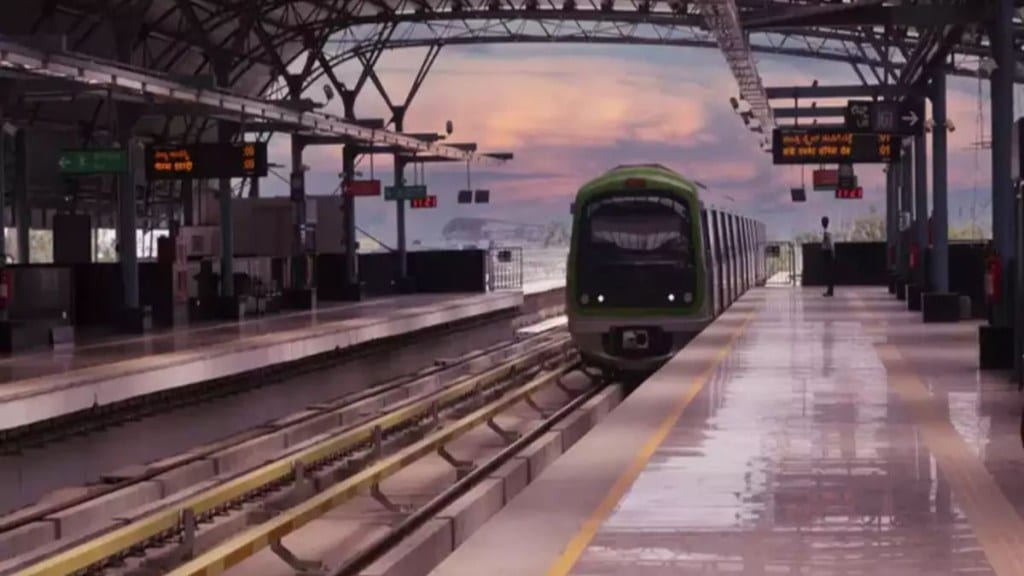India has achieved a significant milestone by expanding its metro network to become the third-largest in the world, with a total length of 1,000 kilometers. This accomplishment highlights the government’s ongoing efforts to improve urban mobility and connectivity. The achievement follows the announcement of several new metro projects and the Namo Bharat initiative for Delhi under the leadership of Prime Minister Narendra Modi.
The journey of India’s metro network, which began in 2002 with the launch of the modern metro by former Prime Minister Atal Bihari Vajpayee in Delhi, has now reached this nationwide achievement, with unprecedented growth under PM Modi’s leadership, particularly since 2014.
Metro network expands 3 fold in past 10 years
Over the past decade, the metro network has expanded threefold, adding 1,000 kilometers. The number of states with metro services has increased from five to eleven, while the number of cities benefiting from metro connectivity has risen from five to 23.
Daily ridership has surged, from 28 lakh in 2014 to over one crore, reflecting a 2.5-fold increase. Additionally, the total distance traveled by metro trains has tripled, from 86,000 kilometers to 2.75 lakh kilometers.
PM Modi’s vision for urban transport focuses on providing seamless, affordable, and modern connectivity to improve the ease of travel and the quality of life for millions of citizens.
RRTS redefining inter-state commute
Last week, PM Modi inaugurated the 13-kilometer stretch of the Delhi-Ghaziabad-Meerut Namo Bharat Corridor, built at a cost of Rs 4,600 crore. This Namo Bharat section spans from Sahibabad RRTS Station to New Ashok Nagar RRTS Station. This corridor will significantly improve regional connectivity between Delhi and Meerut, offering high-speed and comfortable travel options for millions of people.
In addition to the Namo Bharat corridor, PM Modi inaugurated a 2.8-kilometer stretch of Delhi Metro Phase-IV between Janakpuri and Krishna Park. With an investment of Rs 1,200 crore, this is the first operational segment of Delhi Metro Phase-IV. Residents of West Delhi, including areas like Krishna Park, Vikaspuri, and Janakpuri, will benefit greatly from this development.
PM Modi also laid the foundation stone for the 26.5-kilometer Rithala-Kundli section of Delhi Metro Phase-IV, with an estimated cost of Rs 6,230 crore. This new corridor will connect Rithala in Delhi to Nathupur (Kundli) in Haryana, enhancing connectivity across North-West Delhi and Haryana, and benefiting key areas such as Rohini, Bawana, Narela, and Kundli.
As India’s urban infrastructure continues to evolve, the metro network’s expansion is expected to improve the daily lives of millions of citizens. With a strong focus on creating world-class transport systems, the future of urban mobility in India looks increasingly promising.
